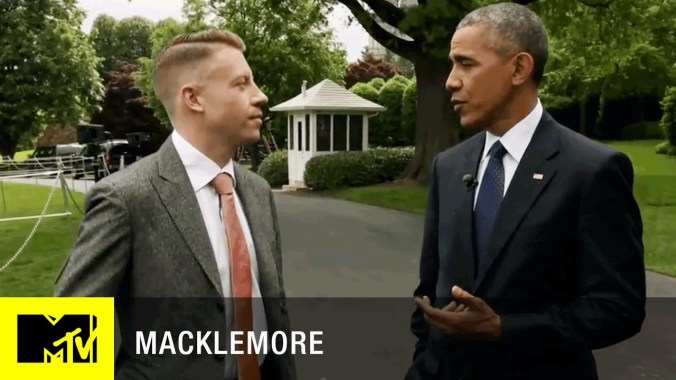
Photo: Joshua Huston
“By the time Jackie Moffitt was 16, he had transferred schools four times and was longing for a community where he could be accepted as his authentic self — an autistic person. “Autistic people are very dehumanized in our society,” says Moffitt. “They are perceived as being incapable of emotions. People are surprised that people with autism can understand humor or love. They assume that having autism means a lack of desire to connect with other human beings.”
Seeking this connection, Moffitt discovered Theater of Possibility (TOP), a theater arts program based in Seattle and Bellevue serving kids who are “quirky, spirited, or shy or who may have Asperger’s, autism, ADHD, or other learning or ability differences,” as the demographic is described on the TOP website.
Through theater games, improvisation, and role-playing led by TOP Director Lauren Goldman Marshall, Moffitt learned to embrace many of his personal attributes like extreme extroversion and abstract thinking that he’d previously felt pressure to repress.
“A lot of times for kids with disabilities their whole life is about people telling them what they’re deficient in,” says Marshall, who co-founded TOP in the years after her own daughter was diagnosed as being on the autism spectrum. “With TOP, they are here first and foremost to have fun and create theater together. I’m definitely highlighting relationship skills, but it’s brought in more through the back door. It’s about making kids feel successful.”
Now 21, Moffitt works as a teacher’s assistant at TOP, supporting the next generation of autistic children as they learn and grow while they also reach a level of self-acceptance.
“It’s not just about autistic people needing to learn neurotypical social skills so they can pass in a world that is majority non-autistic people,” says Moffitt. “I think that neurotypical people should also learn how to empathize with autistic people’s perspective and communicate with them on their own terms.”

